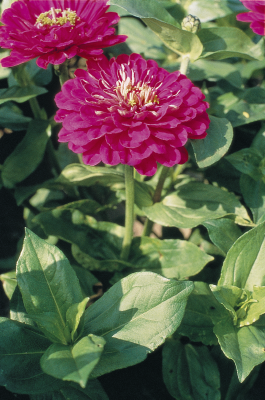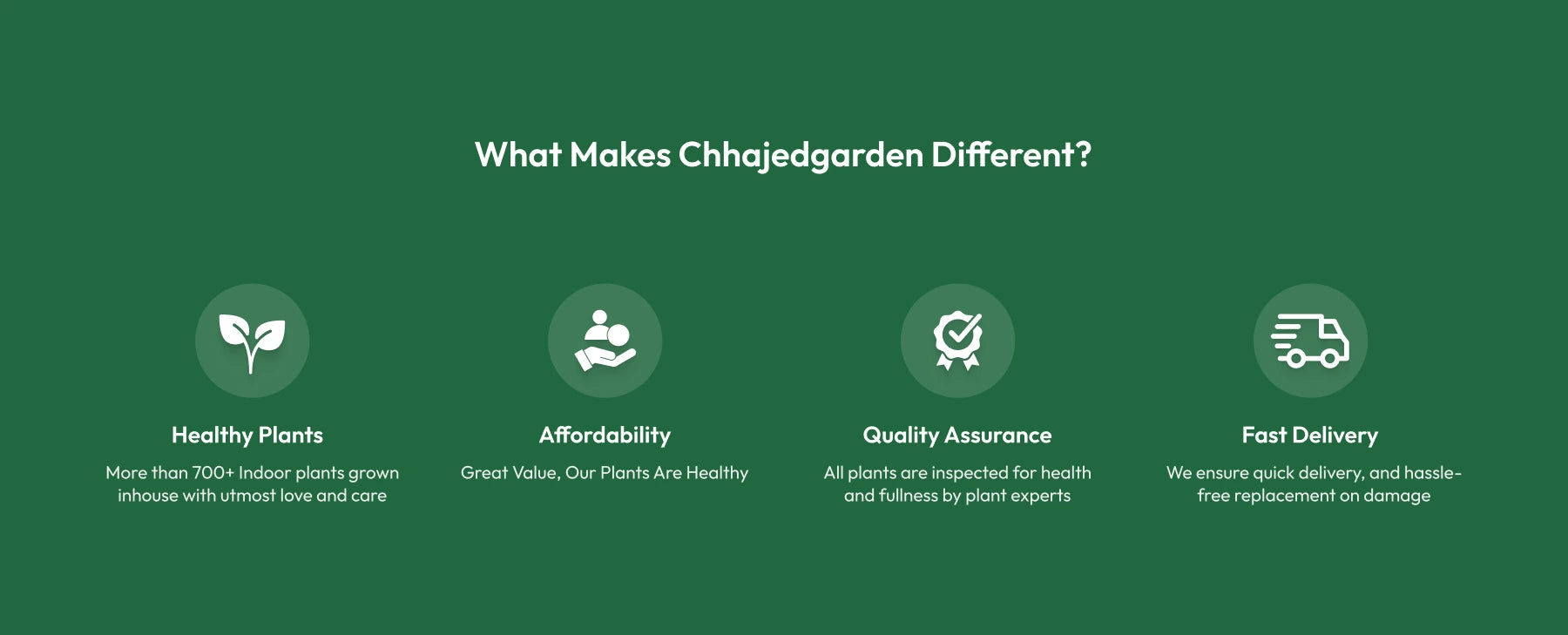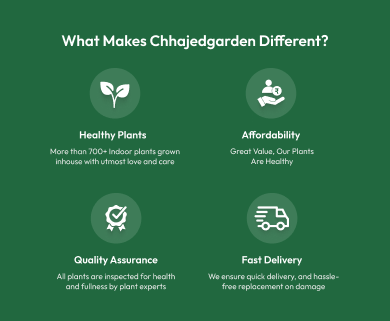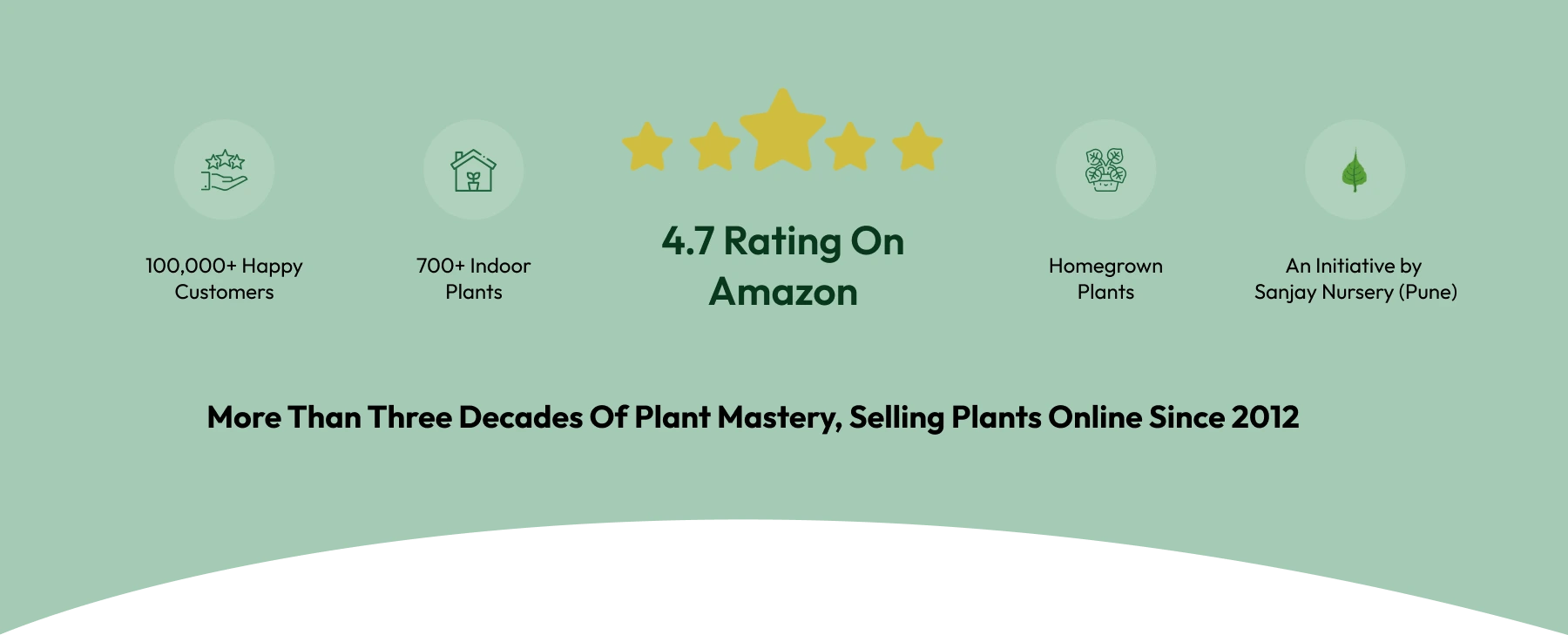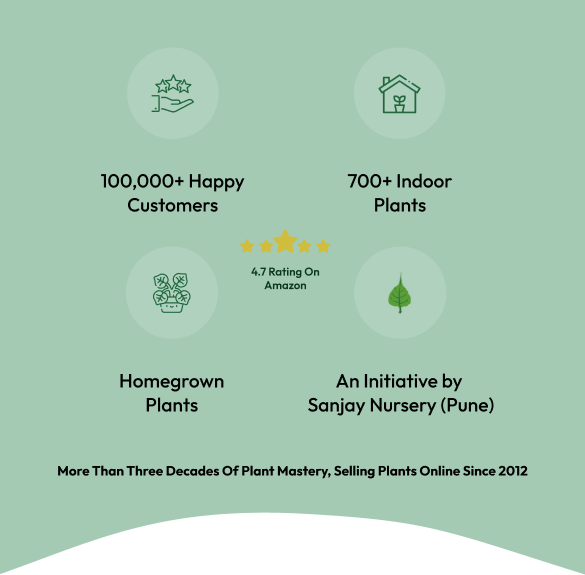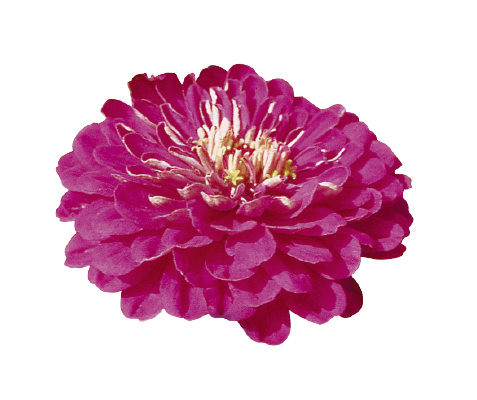

Product Name: Zinnia Double Benary's Giant Purple Flower Seeds
Brand: Benary Seeds
Qty: 1000 Seeds
Culture guide
Usage
Plants for bedding, pot plants, beautiful plants, that attract bees and butterflies, cut flower production
Sow time
Indoor forcing: February-March for flowering in pots from July onwards; Outdoor forcing (frost free): End May, can be sown directly into field
Sowing method
1 seed per plug
Germination
7-10 days at 68-72 °F (20-22 °C). Higher temperatures can reduce germination and cause week seedlings. Sow seeds in a well-drained media low in nutrients with a pH between 5.8-6.2. Cover seed lightly with vermiculite.
Growing on
Grow on at 60-65 °F (15-18 °C) for 3-4 weeks. Temperatures below 60 °F (15 °C) delays flowering. Provide good ventilation. Fertilize weekly at 200 ppm nitrogen in a well-balanced mix. Use of calcium nitrate will improve stem strength. For cut flower production, thin seedlings or plant plugs at 8-10" (20-25 cm) in rows or 9-12" x 12" (23-30 cm x 30 cm) spacing in beds.
Media
Use a well-drained, growing perennial substrate with 15-30 % clay, 1-1,5 kg/m³ complete balanced fertilizer, iron-chelate, micronutrients, pH: 5.8-6.2. Field: loamy, sandy, humus soils with good drainage. Disinfect the soils in greenhouse or polytunnel before planting. Standard fertilization: 80-100 g/m² of a slow release fertilizer.
Temperature
Grow at 15-16 °C or outdoors. emperatures below 10 °C promote yellow leaves. Zinnia does tolerate high temperatures of 25 °C, but does not tolerate frost. It is recommended to harden for selling the plants slowly at 12-14 °C. In field Zinnia prefers warm and sunny location. Protect the plants against wind.
Fertilization
Moderate fertilization levels are required. Fertilize the crop weekly with 100-150 ppm nitrogen, using complete balanced fertilizer. Avoid high ammonium and high nitrogen levels, but high nitrogen levels results in soft stems. Stems that are too soft will break underneath the flower. Prevent magnesium deficiency by applying magnesium sulphate (0,05 %) 1-2 times and in case of iron deficiency apply iron-chelate for 1-2 times. The roots are sensitive to high salt levels in substrates. Field: N min soil value: approximately 120 g N/m².
Stage I Starts with the radicle breaking through the testa. The roots are touching the medium. Ends with fully developed cotyledons.
Stage II Starts from fully developed cotyledons. Ends with the fully developed true leaf or true leaf pair.
Stage III Starts from the fully developed true leaf or true leaf pair and ends with 80% of the young plants being marketable.
Stage IV All young plants are ready for sale and in the process of being hardened off. This stage lasts about 7 days.
The cultural recommendations are based on results from trials conducted under Central European conditions. Different conditions in other parts of the world may lead to deviations in results achieved.

